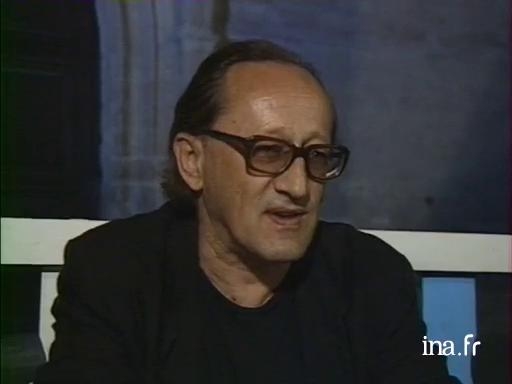Heiner Müller the function of the theatre

Information
In the context of the Avignon festival, an interview with German theatre playwright Heiner Müller, who explains himself at length on his interpretation of theatre, on writing and on the artist's role.
Context
Heiner Müller was born in Eppendorf in 1929, and died in Berlin in 1995. A playwright, theatre director and poet, he was a symbolic figure of the contemporary theatre scene, establishing his work in the ruins of a Germany beaten during the war.
He spent his childhood in the German Democratic Republic; in 1951, his parents left for West Germany, while he remained in East Germany. He lived in Berlin, worked in journalism, and kept company with writing circles. In 1956, his first play appeared, Le Briseur de Salaires, which was a protest against East Germany's social reality and political system. In 1961, his wife committed suicide; Heiner Müller then turned to the classics - Shakespeare, Homer, Sophocles, Laclos - which he revisited. As a result, he created Sophocles: Oedipus the King (1965-66), Philoctetes (1958-1964), Macbeth (1971), Hamlet-Machine, Quartett.
In his plays, Müller depicted man when faced with old age and death through metaphors borrowed from war, eroticism and sickness. Several of his plays were staged in Paris, by Jean Jourdheuil and Patrice Chéreau. In the 1970s, Heiner Müller was the Berliner Ensemble's artistic consultant, then became president of the Academy of Arts of the GDR, followed by a position of director of the Berliner Ensemble in 1993, replacing Bertolt Brecht.




